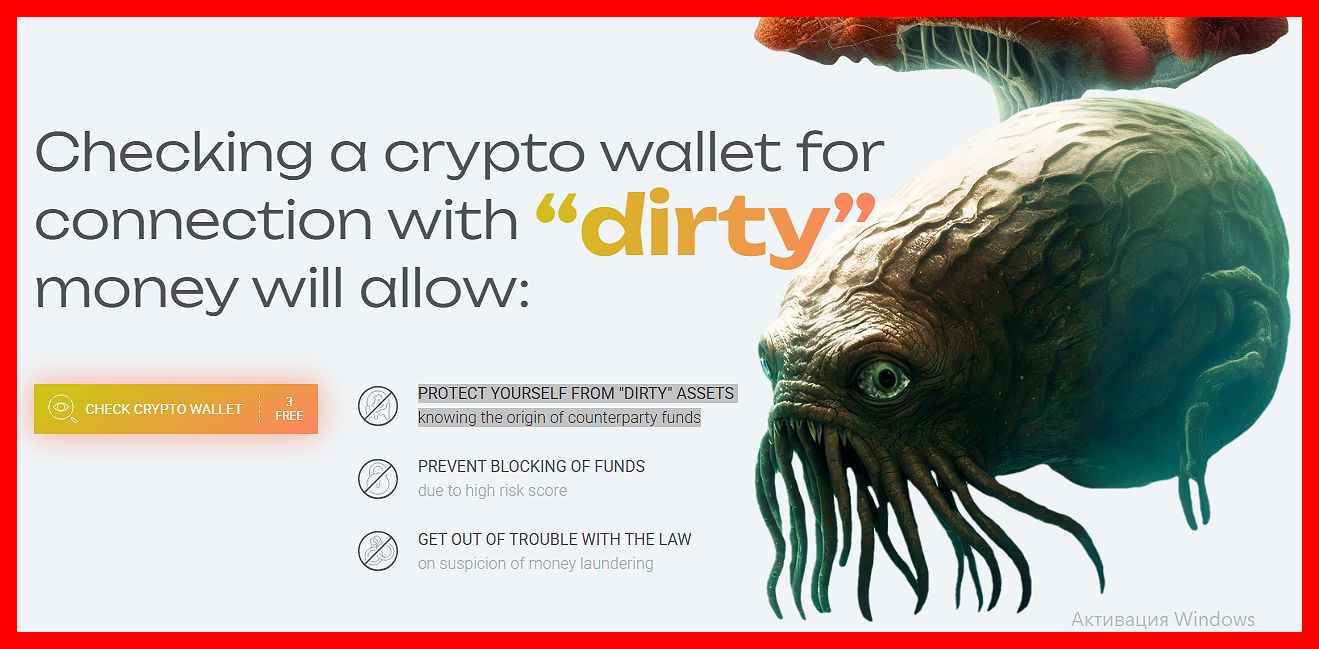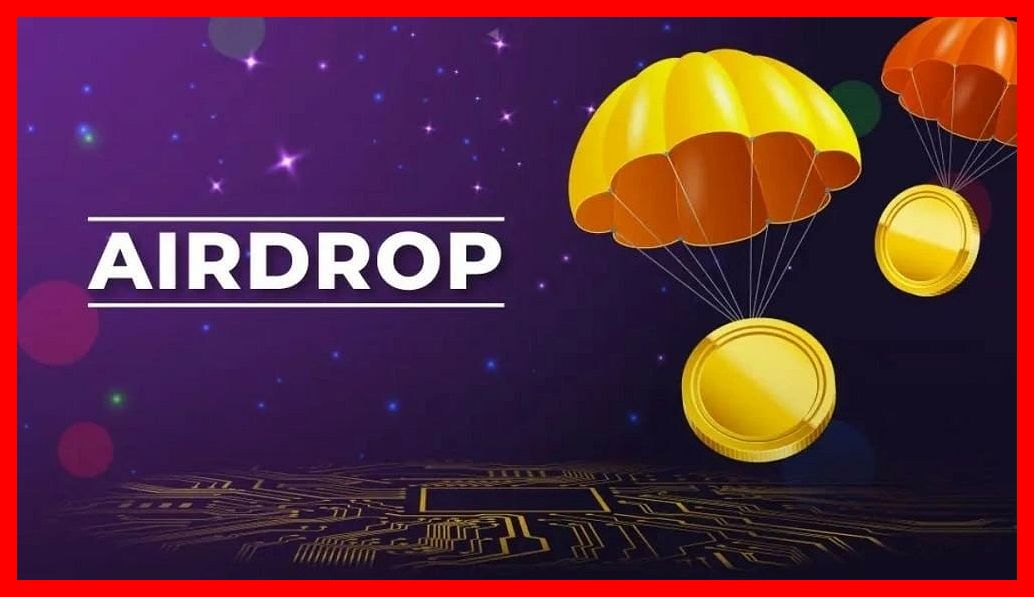The mysterious startup «21» actually wants to make the razor a Bitcoin miner
 «Shaver» by William Warby via Flickr.com. License: Creative Commons
«Shaver» by William Warby via Flickr.com. License: Creative Commons
«21» is the best financed Bitcoin startup-but wraps itself in silence via his business concept. According to the Financial Times alphaville blog, the riddle has now been revealed: «21» wants to make everything that eats electricity.
Expectations cannot be much higher: 21 announced in March that it has collected $ 116 million investment capital to bring Bitcoin to the mainstream. There was no further information about what the startup wants to do. Among the investors were numerous prominent repetition investors of the US tech scene and also the chip manufacturer Qualcomm. This and the job advertisements published afterwards suggest that 21 wants to do something with hardware – and that the concept gigantic a must. Otherwise, the founder Balaji Srinivasan could hardly have convinced so experienced investors to open their bags so deeply, or?
If you believe what the Financial Times (FT) writes in a blog under the guideline «This Is Nuts» (this is madness), the puzzle rates now has an end – and the idea of 21 should be a bit disappointing for some. The plan is to incorporate ASIC-Bitcoin chips in all sorts of everyday devices such as routers, printers, game consoles, razor and more and thus turn every device that can eat electricity to a bitcoin miner. 21 is already working with Qualcomm and also Intel. In order to win customers, the startup devices would like to give up and refinance the price by retaining 75 percent of the mining proceeds and paying out 25 percent to customers.
For the investors, the FT says, of course that sounds like a great profit margin. If 21 grows as quickly as Google or Facebook, hundreds of thousands or millions of people will invest their electricity to mines for 21 bitcoins. However, the FT still finds the concept nonsensical. “21 claims to democratize Bitcoin and make a mass product, but it seems to want to make mining a business by promising to transform everyone into a poorly paid employee.“After all, Bitcoin-Mining is already a border return business, in which even the most modern miners in a cheap environment have a hard time paying the electricity bill with the founded bitcoins. One cannot seriously expect a mining, from the yield of which you only get 25 percent, will ever be profitable.
Apart from that, it is very questionable how the idea should work for devices that are not yet connected to the Internet. The concept sounds so unbelievable and holy that I wonder if it is not a false report or. Whether the FT blog is really serious.
On the other hand, despite the weaknesses mentioned, the idea is exciting: 21 transfers the brazen Internet law that the user is not the customer but the product, also to hardware. And as we know, the user prefers to be a product as a customer. Otherwise, payment services would enjoy much more popular on the Internet. If we now assume that electronic consumer goods could also be as free as an email account and retrospectively through electricity or. Mining can be paid off, then we have a completely new form of leasing. This would enable consumers to get a lot more electronics into the house. Regardless of whether this is necessary or desirable. Even for the internet-of-things, which is also targeted by 21, it could be practical to have self-sufficient devices, for example, simply have bitcoins mines in times of the power overflow. Finally, for the Bitcoin network, a massive advent of miners in all types of devices would be helpful.
But all of this sounds too futuristic for the moment to take it seriously.






Comentarios recientes